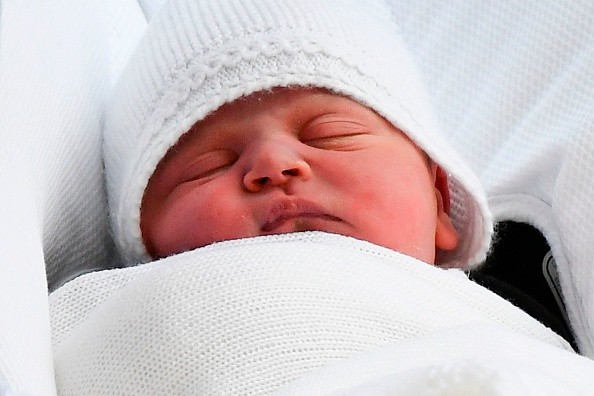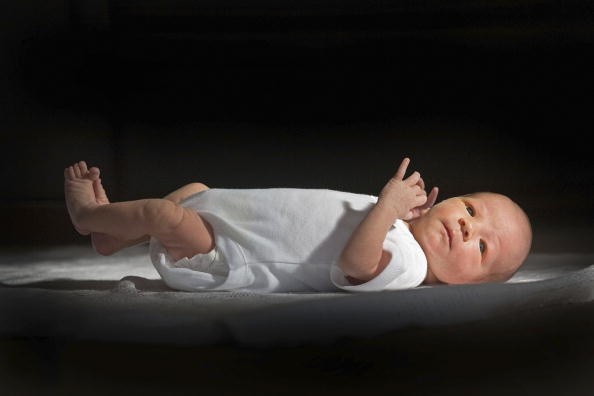The U.K.'s planned baby genome sequencing would involve thousands of newborns once it begins. This challenging medical ambition was already proposed by Matt Hancock, the United Kingdom's Health Secretary, way back in 2019.

Based on his statement, it seems his idea is to sequence the genome of all the newborn babies in the U.K. He even excitedly described the health program as a "genomic revolution," which could lead to preventive, predictive, and more personalized health care.
Yes, genome sequencing is an amazing medical innovation if done without any mistake. It can allow experts to cure possible diseases or prevent illnesses after a baby is born, leading to long-term health benefits as the child grows up.
To give you more idea, here are other major details of the planned baby genome sequencing project of the United Kingdom.
U.K.'s Baby Genome Sequencing Program
According to The Wired's latest report, the U.K. government's new genome sequencing called the "Newborn Genomes Program," will be controlled by the country's National Health Service.

Also Read : This New Heart Cell is Linked to Heartbeats, Diseases Concerning Cardiovascular Activity
This new health project would specifically find genetic conditions that are treatable by interventions and current medication treatments, such as congenital adrenal hyperplasia and pyridoxine-dependent epilepsy.
The Newborn Genomes Program plans to sequence the genomes of between 100,000 and 200,000 newborn babies. When it comes to recruitment, the government said that the babies should be at least 18 months before they are allowed to participate.
The outcome's information would be provided to the parents as soon as possible. You can visit this link to see more details.
Health Experts Still Debate if Genome Sequencing is Really Needed
News Medical reported that baby genome sequencing is still one of the most debated topics in the health industry.
Various experts still question if this medical activity is really necessary for newborns.
Although many researchers are saying that it is beneficial for people, some critics claim that genome sequencing involves a lot of personal data.
They claimed that there are no grounds to justify this activity since it acquires people's sensitive body information even before they can provide consent.
A new NHS advice states that anti-depressant pills should be people's last resort in other news. On the other hand, Google employees are now rejecting the company's COVID-19 vaccine mandate.
For more news updates about genome sequencing and other similar health topics, always keep your tabs open here at TechTimes.
Related Article : Cancer Causing Benzene Found on Old Spice, Secret Body Spray Components, Voluntary Recall from P&G
This article is owned by TechTimes
Written by: Griffin Davis
ⓒ 2025 TECHTIMES.com All rights reserved. Do not reproduce without permission.




